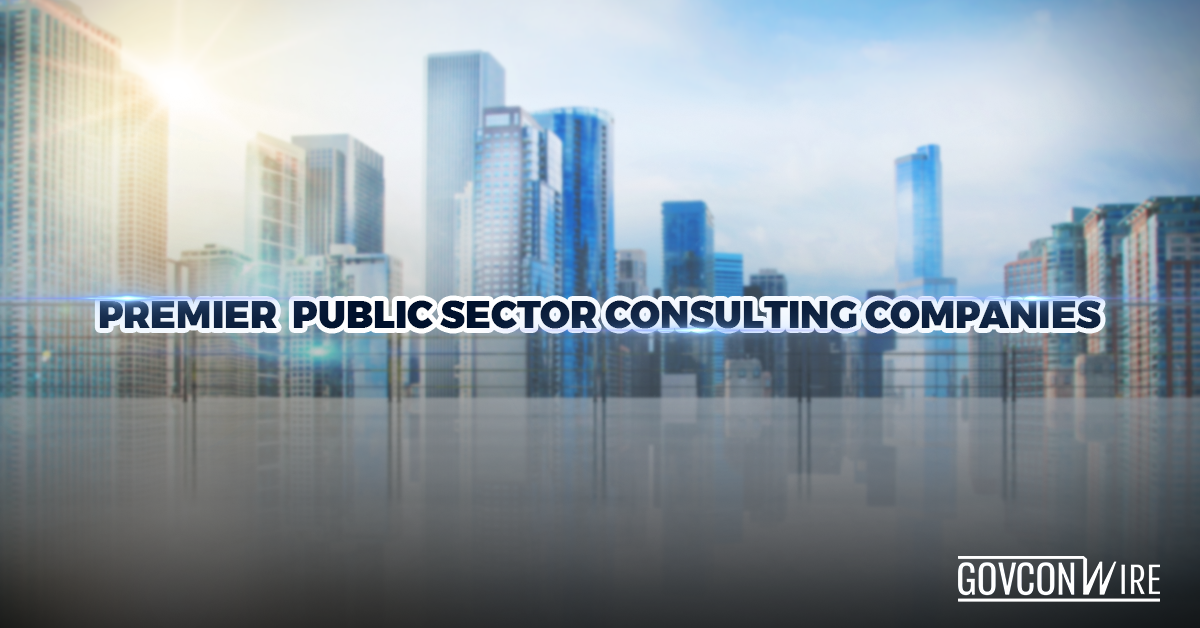On April 18, Lore Systems Chairman and CEO Tien Wong joined a bevy of government contracting industry and innovation leaders on a panel for the official launch of the Ballston Innovation Initiative.
The 3-month initiative will connect Capitol-region leaders and entrepreneurs from across the public, private and non-profit sectors in an effort to provide information and opportunity to help better link the federal government and local start ups.
Wong and the rest of the panel shared thoughts on several topical items during the question and answer portion of the forum, with a few selected passages included below. For the full Q&A session, find the video at the bottom of the page.
On working with clients in the commercial sector versus the public sector.
Its like doing business in China versus doing business in Brazil – you have two different cultures, two different lingos, two ways of buying, two different currencies, two different account systems. I applaud anyone who’s successful in doing both.
My company (CyberRep) was here in northern Virginia and we were very successful in attacking the commercial market, the Fortune 500 market. In selling to and servicing the Fortune 500s versus the federal government and in particular the Department of Defense, there’s a lot of similarities.
They are both highly demanding customers, they are very difficult to deal with, very long yield cycles. So, those of you who are selling to these organizations, especially now even more so than five or six years ago, whatever you think its going to take, just triple it. However much you think its going to take to win the business, I would triple that, as well.
So, you have to go into it with that kind of mindset. Your margins are also being squeezed by both because there’s more competition… and now you have technology that’s democratizing the ability of anyone to get into the business and its really lowering the barrier of entry for established players so you’re seeing margins compressed, so you do have to innovate and you do have to come up with different solutions.
Our experience with both working with government and commercial is commercial may be more open to innovation, maybe a little more willing to take risk than the government. That’s certainly our experience with the Defense Department, there’s a very good reason for them being conservative, its called national security. That’s something that’s different as well.
Its almost like (the government was) forced to (change a lot recently) because of the various political and budget issues. They almost had to out of necessity. Post 9/11 they had an open check book, but now post-recession… I think lack of money is forcing them to be creative just as lack of money causes small business to be creative.
On the government contracting M&A market.
The trend is definitely towards government contractors picking up any other types of revenue streams given that incumbents have to defend their revenue now. It depends on what type of government contractor it is, whether its (private equity)-backed, whether its public or whether its over a billion or under a hundred million. I think you are going to see more and more government contractors buying other contractors and commercial companies.
Historically commercial companies always can be sold… there’s always a liquid market for it in the PE space. Also, they don’t have the issue which a lot of government contractors have which is once you graduate or once you get to a certain size, which I call ‘no man’s land’, where you are bigger than small but much smaller than the big guys. When you used to compete, you’d have an advantage and now you have to go up against Lockheed and Northrop. At that point you almost have to sell.
We have a lot of success stories of people around town that have done that, but I think that certainly for innovation purposes and also for culture, if you’re a government contractor and want to get into the commercial market, it pays to buy your way in through a successful commercial company.
On the U.S. and future innovation.
Regarding international competition… the markets are stagnant, they don’t move, they stay still. I’ve travelled around the world quite a bit myself and done business in a few countries and can say that this country is the leader in the world in innovation… this is ground zero in innovation, maybe not in everything, but certainly in aerospace, cybersecurity.
This country is going to move forward in other areas, like nanotechnology, biotechnology, energy technology, stuff that we’re not even conceiving of today.
Play the movie back 100 years ago, or even 40 or 50 years ago, everyone was worried about Japan because they were building these cheap cars. I think the world is flat and its pretty much proven now it is. We can lower our costs of production… we can then spend our time on the true value creators, whatever that will be.
I don’t know if anyone can predict the future, but certainly, if I had to make a bet, somebody from around here is going to figure out a couple of wonderful great ideas that’s going to lift us out of this recession, create millions of jobs, create a whole new industry that we can’t even conceive today. The United States, our education system, is a leading education system that I’ve seen. China is awesome, but they don’t have the creative minds that we do.







